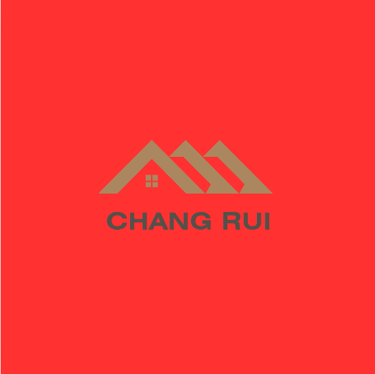Protecting Your Steel: Types of Anti-Corrosion Coatings and Where to Use Them
3/2/20252 min read


Introduction to Anti-Corrosion Coatings
When it comes to safeguarding steel structures, anti-corrosion coatings play a pivotal role in extending their lifespan. With the elements constantly working against steel, a protective layer can prevent costly damage and maintenance over time. In this blog post, we'll explore various types of anti-corrosion coatings and their best application scenarios.
Types of Anti-Corrosion Coatings
There are several different types of anti-corrosion coatings available, each designed for specific conditions and environments. Here are some popular options:
- Paint Systems: These are conventional coatings that provide both color and protection. Epoxy and polyurethane paints are commonly utilized due to their durability and resistance to chemicals.
- Galvanization: This involves applying a protective zinc coating to steel. Galvanization is particularly effective for outdoor structures as it protects against rust through a sacrificial process.
- Cathodic Protection: This method employs the use of electrical current to counteract corrosion. It's often used for pipelines and storage tanks.
- Polymer Coatings: These coatings offer excellent resistance to chemicals and moisture, making them ideal for industrial environments. They can be tailored to withstand specific corrosive elements.
- Thermal Spraying: In this method, molten or heated materials are sprayed onto steel surfaces to create a protective layer. Metals such as aluminum or zinc are commonly used for this purpose.
Application Scenarios
Choosing the right anti-corrosion coating depends largely on the environment in which the steel structure will be located. Here are a few scenarios where specific coatings shine:
- Marine Environments: For structures exposed to saltwater, such as docks and ships, galvanization or high-performance polymer coatings are recommended due to their superior resistance to corrosion.
- Industrial Sites: Steel structures in chemical plants or refineries benefit from epoxy paint systems and polymer coatings, which can withstand aggressive chemical exposure.
- Construction Works: New constructions that require durability might use thermal spraying prior to exposure to harsh weather conditions. It ensures long-lasting protection from the start.
- Aerospace Applications: High-performance coatings, including those with ceramic qualities, are often used in aerospace to protect structures from extreme temperatures and atmospheric conditions.
In conclusion, using the right anti-corrosion coating for steel structures not only boosts their longevity but also significantly reduces maintenance costs. By understanding the different types of coatings and their appropriate applications, you can make informed decisions that enhance the structural integrity of your projects. So, whether you’re evaluating protection for a bridge, a building, or a marine vessel, ensure you select the best anti-corrosion coating for the job!
